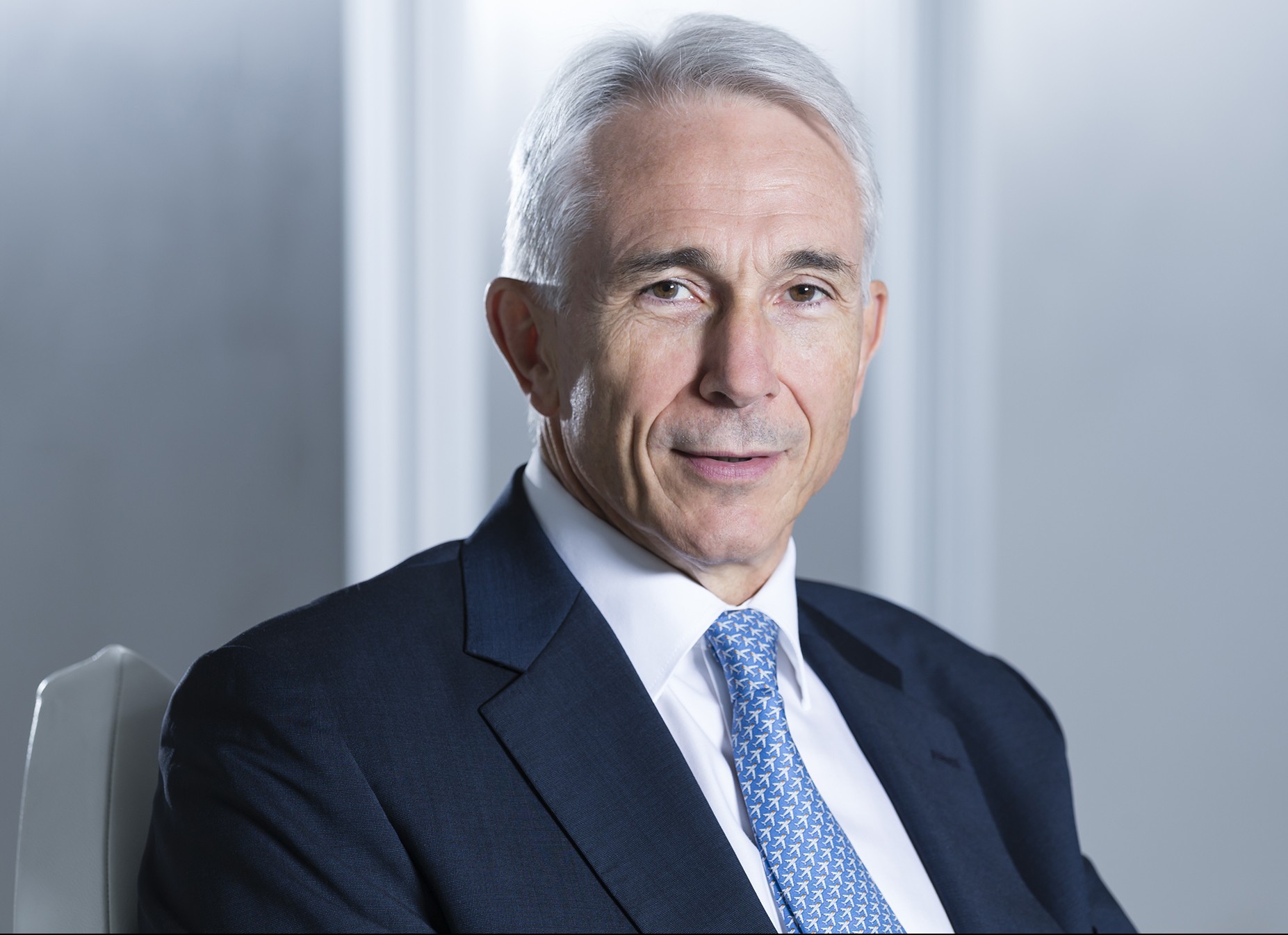The International Air Transport Association (IATA) released data for the 2015 safety performance of the commercial airline industry.
"¢ The 2015 global jet accident rate (measured in hull losses per 1 million flights) was 0.32, which was the equivalent of one major accident for every 3.1 million flights. This was not as good as the rate of 0.27 achieved in 2014 but a 30% improvement compared to the previous five-year rate (2010-2014) of 0.46 hull loss accidents per million jet flights.
"¢ There were four accidents resulting in passenger fatalities in 2015, all of which involved turboprop aircraft, with 136 fatalities. This compares with an average of 17.6 fatal accidents and 504 fatalities per year in the previous five-year period (2010-2014).
"¢ The 2015 jet hull loss rate for members of IATA was 0.22 (one accident for every 4.5 million flights), which outperformed the global rate by 31% and which was in line with the five-year rate (2010-2014) of 0.21 per million flights but above the 0.12 hull loss rate achieved in 2014.
"¢ The loss of Germanwings 9525 (pilot suicide) and Metrojet 9268 (suspected terrorism) that resulted in the deaths of 374 passengers and crew are tragedies that occurred in 2015. They are not, however, included in the accident statistics as they are classified as deliberate acts of unlawful interference (i).
«2015 was another year of contrasts when it comes to aviation"™s safety performance. In terms of the number of fatal accidents, it was an extraordinarily safe year. And the long-term trend data show us that flying is getting even safer. Yet we were all shocked and horrified by two deliberate acts–the destruction of Germanwings 9525 and Metrojet 9268. While there are no easy solutions to the mental health and security issues that were exposed in these tragedies, aviation continues to work to minimize the risk that such events will happen again,» said Tony Tyler, IATA"™s Director General and CEO.



